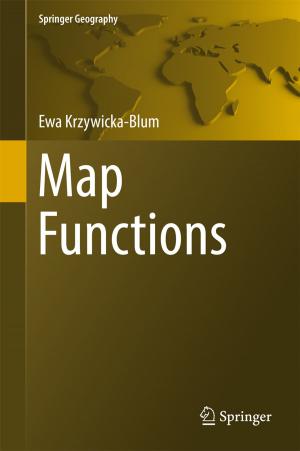Modern Statistical Methods for HCI
Nonfiction, Social & Cultural Studies, Social Science, Statistics, Computers, Advanced Computing, Programming, User Interfaces, General Computing| Author: | ISBN: | 9783319266336 | |
| Publisher: | Springer International Publishing | Publication: | March 22, 2016 |
| Imprint: | Springer | Language: | English |
| Author: | |
| ISBN: | 9783319266336 |
| Publisher: | Springer International Publishing |
| Publication: | March 22, 2016 |
| Imprint: | Springer |
| Language: | English |
This book critically reflects on current statistical methods used in Human-Computer Interaction (HCI) and introduces a number of novel methods to the reader.
Covering many techniques and approaches for exploratory data analysis including effect and power calculations, experimental design, event history analysis, non-parametric testing and Bayesian inference; the research contained in this book discusses how to communicate statistical results fairly, as well as presenting a general set of recommendations for authors and reviewers to improve the quality of statistical analysis in HCI. Each chapter presents [R] code for running analyses on HCI examples and explains how the results can be interpreted.
Modern Statistical Methods for HCI is aimed at researchers and graduate students who have some knowledge of “traditional” null hypothesis significance testing, but who wish to improve their practice by using techniques which have recently emerged from statistics and related fields. This book critically evaluates current practices within the field and supports a less rigid, procedural view of statistics in favour of fair statistical communication.
This book critically reflects on current statistical methods used in Human-Computer Interaction (HCI) and introduces a number of novel methods to the reader.
Covering many techniques and approaches for exploratory data analysis including effect and power calculations, experimental design, event history analysis, non-parametric testing and Bayesian inference; the research contained in this book discusses how to communicate statistical results fairly, as well as presenting a general set of recommendations for authors and reviewers to improve the quality of statistical analysis in HCI. Each chapter presents [R] code for running analyses on HCI examples and explains how the results can be interpreted.
Modern Statistical Methods for HCI is aimed at researchers and graduate students who have some knowledge of “traditional” null hypothesis significance testing, but who wish to improve their practice by using techniques which have recently emerged from statistics and related fields. This book critically evaluates current practices within the field and supports a less rigid, procedural view of statistics in favour of fair statistical communication.















